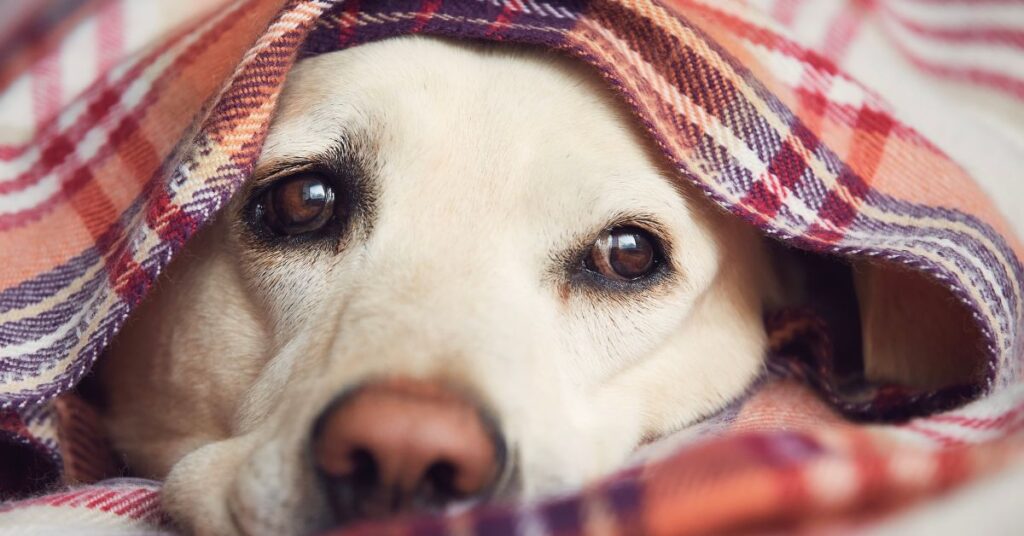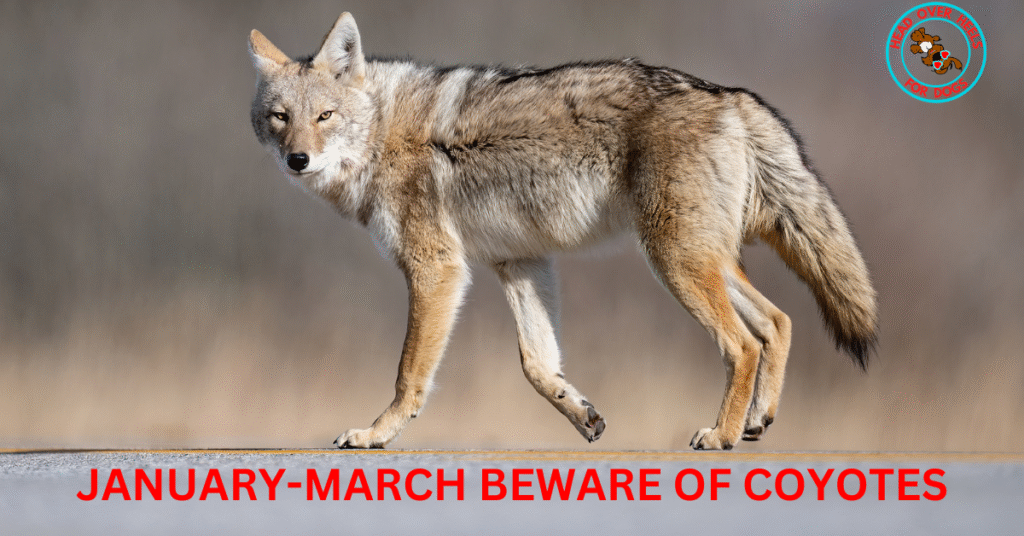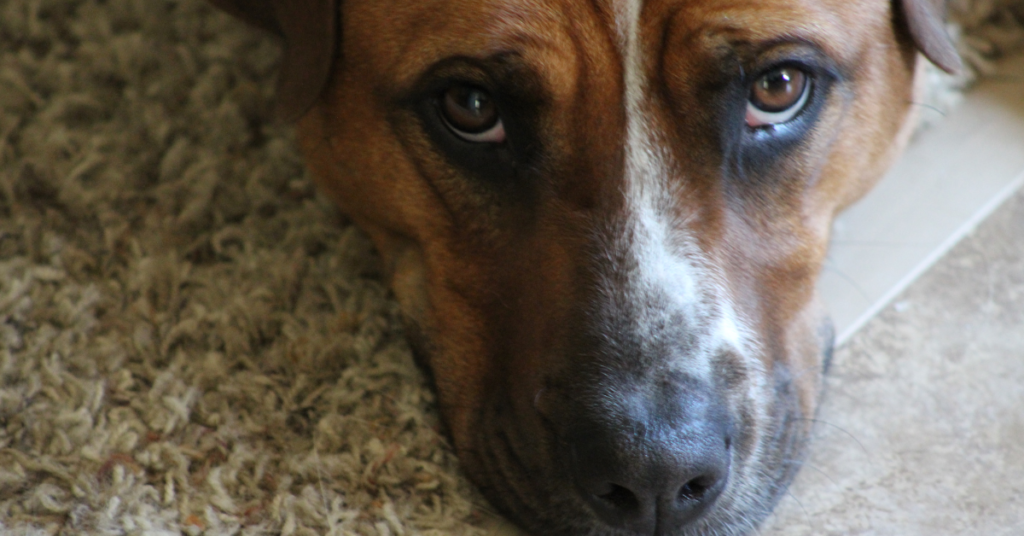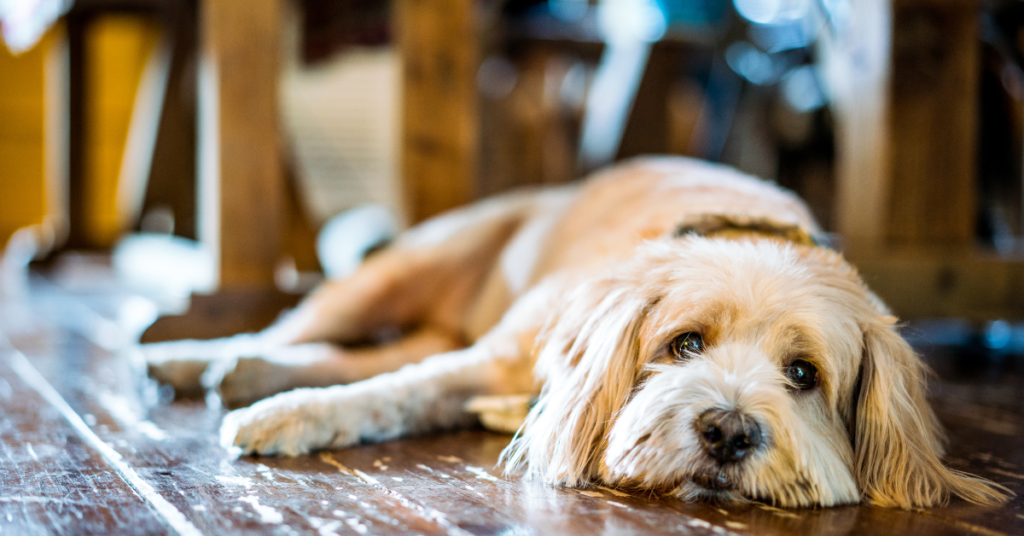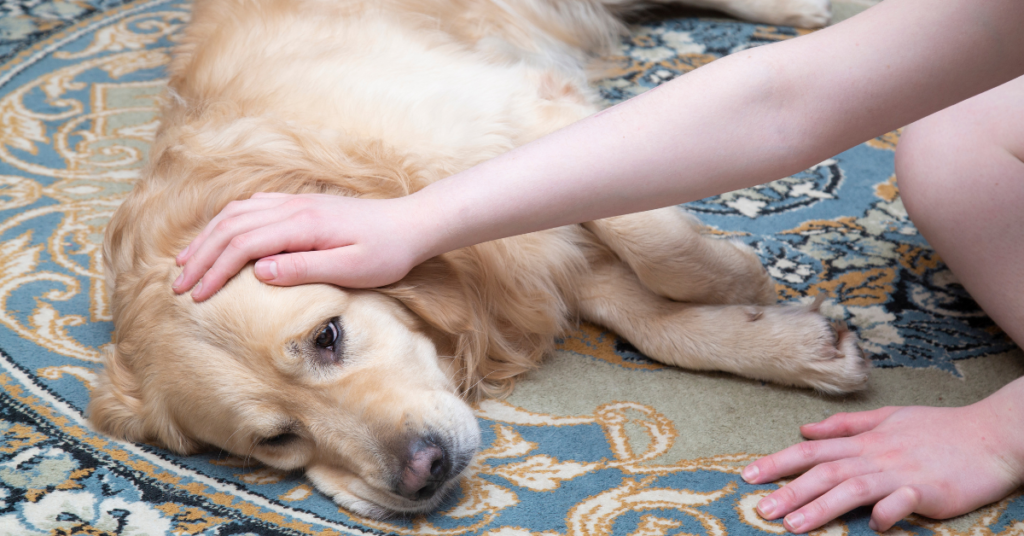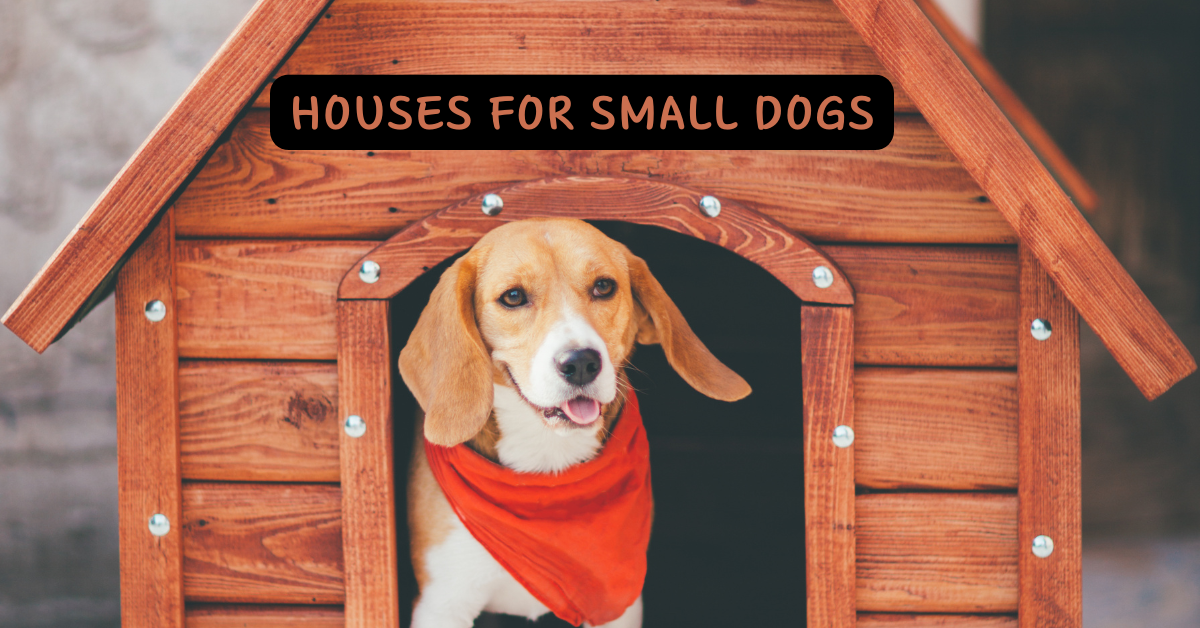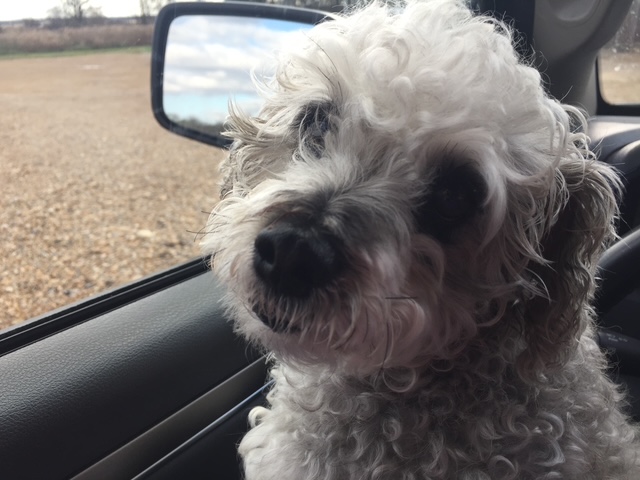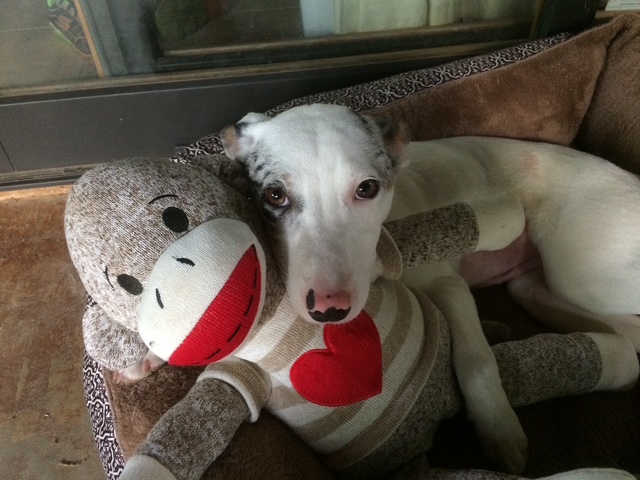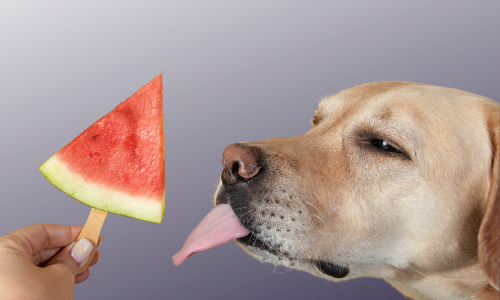What Is Canine Adenovirus Type 2 (CAV-2)?
Canine Adenovirus Type 2 (CAV-2) is a contagious virus that primarily affects a dog’s respiratory system.
It is one of the major causes of infectious tracheobronchitis, more commonly known as kennel cough.
CAV-2 is closely related to Canine Adenovirus Type 1 (CAV-1), which causes infectious canine hepatitis.
Thankfully, CAV-2 is generally less severe, but it can still make your dog very sick if left untreated.
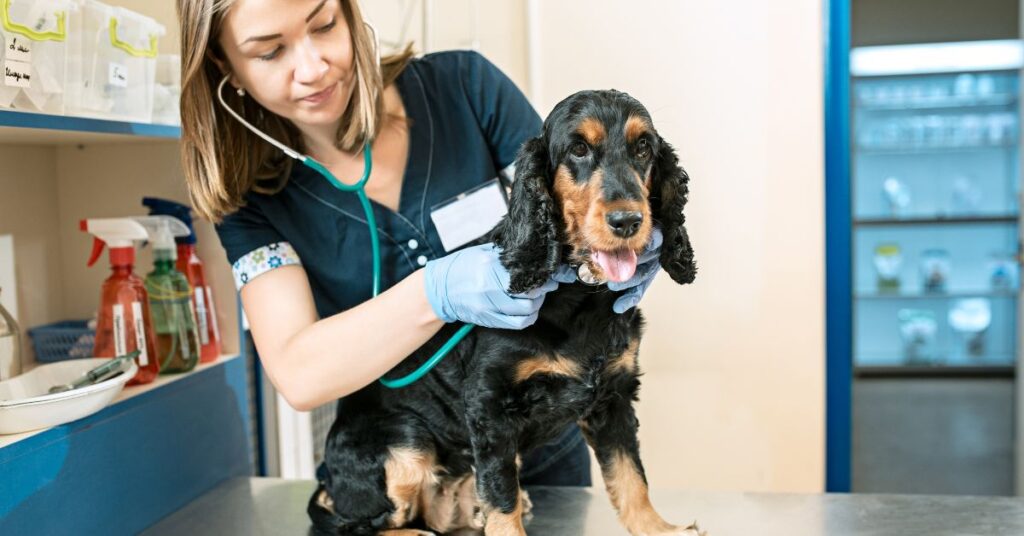
How Do Dogs Get CAV-2?
Dogs usually contract CAV-2 through:
- Direct contact with an infected dog’s saliva, nasal discharge, or urine.
- Airborne droplets from coughing or sneezing.
- Contaminated objects like water bowls, toys, or bedding.
This is why CAV-2 spreads so easily in environments with lots of dogs, such as boarding facilities, shelters, grooming salons, and dog parks.
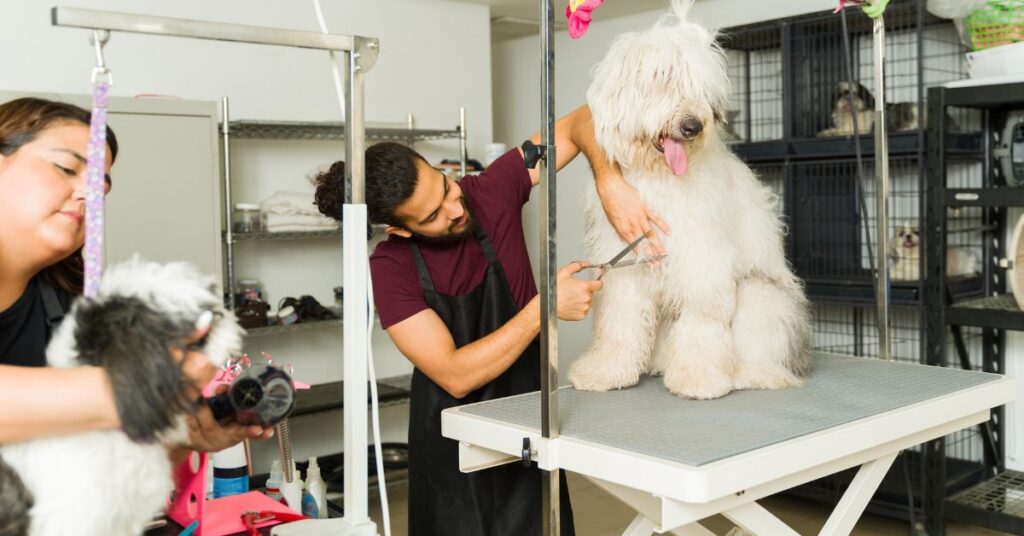
What Are the Symptoms of CAV-2 in Dogs?
CAV-2 affects the respiratory system, so symptoms often resemble a bad cold or flu in humans.
Watch for:
- Dry, hacking cough (often described as a “honking” sound)
- Runny nose and nasal discharge
- Sneezing
- Fever
- Lethargy (unusually tired)
- Loss of appetite
- Watery eyes
In more severe cases, especially in puppies or dogs with weak immune systems, it can progress to pneumonia.

Is CAV-2 Dangerous for Dogs?
For most healthy adult dogs, CAV-2 causes mild to moderate illness and clears up with supportive care.
However, it can be very dangerous for puppies, senior dogs, or dogs with compromised immune systems.
If untreated, complications like secondary bacterial infections, bronchitis, or pneumonia may occur. In rare cases, it can become life-threatening.
How Is CAV-2 Diagnosed?
If your dog is showing symptoms of a persistent cough or illness, your vet may:
- Do a physical exam and listen to lung sounds.
- Run blood tests to check immune response.
- Take X-rays to look for pneumonia.
- Perform PCR testing or viral culture to confirm the virus.
Because kennel cough can be caused by multiple pathogens (like Bordetella bronchiseptica or parainfluenza virus), diagnosis may involve ruling out other causes.
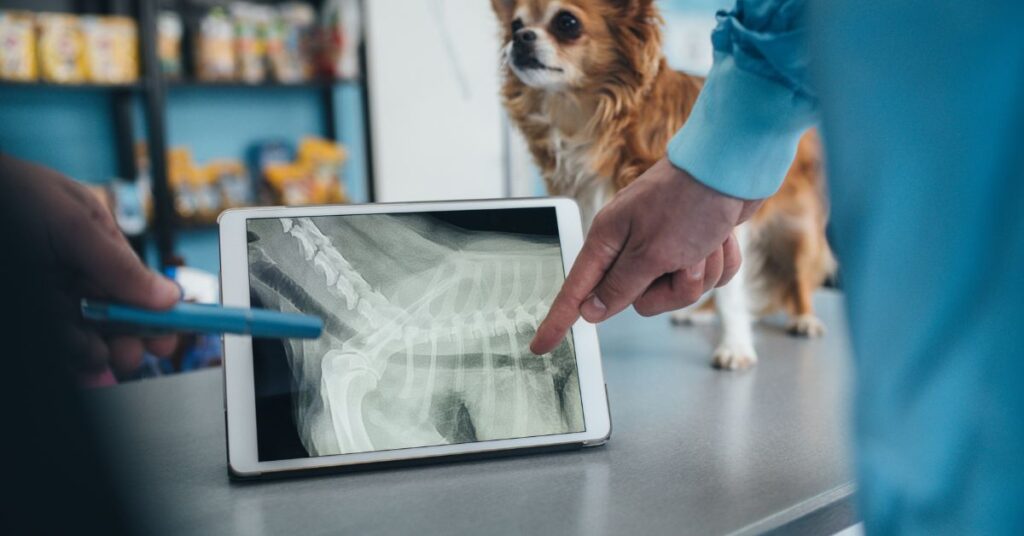
How Is CAV-2 Treated?
There is no cure for viruses like CAV-2, but treatment focuses on supportive care and helping your dog recover:
- Rest & isolation – Keep your dog away from other pets to prevent spreading the virus.
- Cough suppressants or anti-inflammatories – Prescribed by your vet to ease discomfort.
- Antibiotics – Only if a secondary bacterial infection develops.
- Fluids & hydration – Prevents dehydration and helps loosen mucus.
- Nutritional support – Encourage eating with tasty, easy-to-digest foods.
Most dogs recover within 1–3 weeks with proper care.

How Can I Prevent My Dog from Getting CAV-2?
The best prevention is vaccination.
The DHPP vaccine (sometimes called DA2PP or 5-in-1) protects against:
Puppies usually receive a series of DHPP shots starting at 6–8 weeks old with boosters every 3–4 weeks until about 16 weeks.
Adult dogs get boosters every 1–3 years, depending on your vet’s recommendation.
Other preventive steps include:
- Avoiding crowded dog areas if your pet is unvaccinated.
- Practicing good hygiene (wash bowls, toys, and bedding).
- Keeping sick dogs isolated.
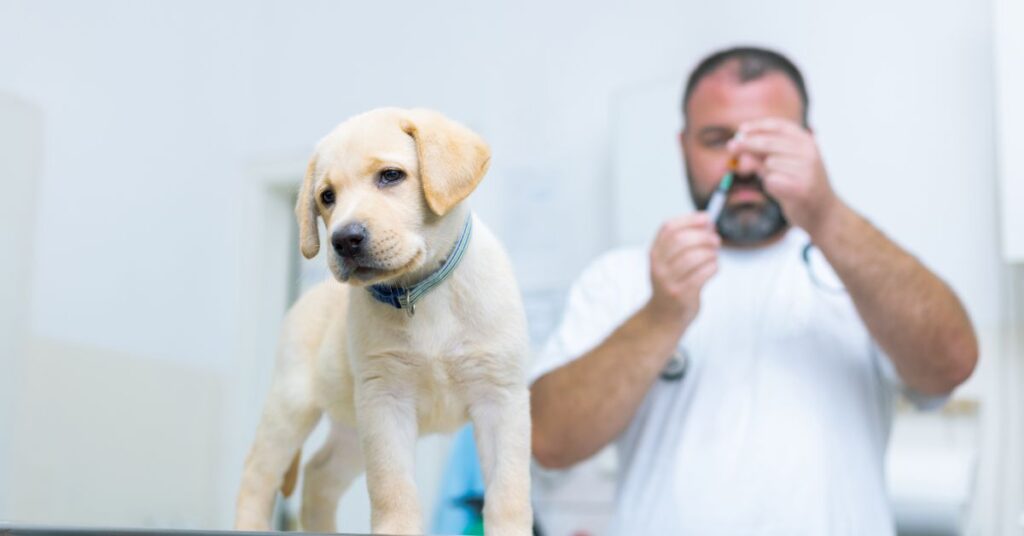
Is CAV-2 the Same as Kennel Cough?
CAV-2 is one of several viruses and bacteria that can cause kennel cough. Other common culprits include:
So while not all kennel cough cases are caused by CAV-2, the symptoms are very similar, and vaccines protect against multiple causes.
Can Humans Catch CAV-2?
The good news: No.
CAV-2 does not infect humans. It is strictly a canine-specific virus, so while it’s highly contagious between dogs, you and your family are safe.
What Should I Do If My Dog Has CAV-2?
If you suspect your dog has CAV-2:
- Call your vet for guidance.
- Isolate your dog from other pets.
- Provide rest and hydration.
- Follow veterinary instructions for medication and care.
- Monitor symptoms and seek urgent care if coughing worsens, breathing becomes labored, or appetite declines further.
Conclusion: Protecting Dogs from CAV-2
Canine Adenovirus Type 2 is a common but preventable illness.
While it typically causes mild kennel cough, it can become serious—especially in puppies or immunocompromised dogs.
Vaccinations, hygiene, and early vet care are the best ways to protect your furry friend.
Check out Merck Animal Health for more information on CAV-2.
For more information about your dog’s health and wellness check out The Fido Files!

